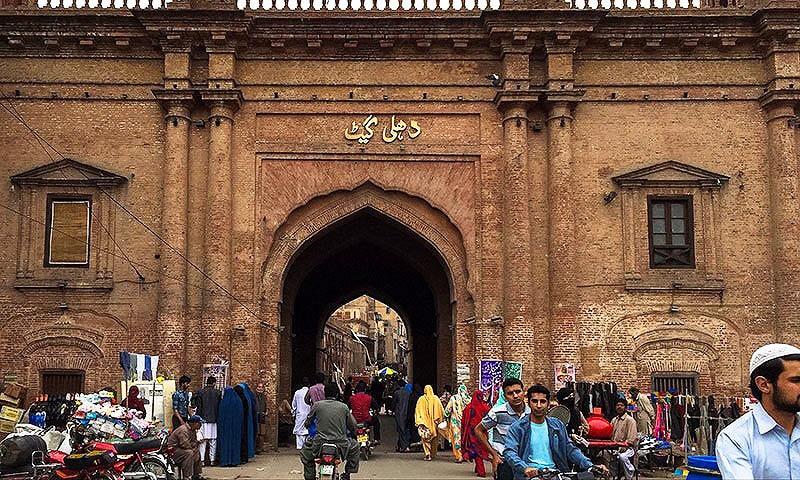Two weeks ago, I attended the Chicago Forum on Global Cities. The Forum brought in speakers and audiences from around the globe (from both public and private sector) and discussed how cities will shape our future, how they can attract the best talent, and most importantly, how cities can solve problems which even countries cannot.
As Ivo Daalder, President of the Chicago Council on Global Affairs, puts it, “While not sovereign, global cities are increasingly independent – driving policies that stimulate wider change.”
For example, whereas major nations continue to debate about climate change, some of the world’s most responsible cities are actually taking far effective practical measures to tackle this issue.
In this regard, C40 Cities Climate Leadership is a group of world’s leading cities working together to reduce greenhouse gas emissions; it is estimated that by 2030, these emissions can be reduced by more than 1 billion tonnes/year.
One similar initiative is the Sister Cities Cooperation, a form of collaboration that serves as a hub for exchanging institutional knowledge and best practices to strengthen linkages between cities.
Currently, the notable Sister Cities agreements of Lahore are with Istanbul, Chicago and Bogota. Karachi is Sister Cities with Shanghai, Houston and Kuala Lumpur, whereas Islamabad is with Seoul, Madrid and Jakarta, among others.
However, our cities are still far from fully realising the potential of these global partnerships.
To do so, our cities will have to make cultivating people-to-people and business-to-business relations with other global cities a priority. Forging such relationships will help Pakistan, as a state, to bring stability in its foreign policy.
 |
Currently, our foreign policy remains largely dependent on strategic issues, which is precisely why we face ups and downs in our relationships with other countries.
On the other hand, if we increase the role that economic and public linkages play in shaping it, our foreign policy is bound to find more certainty and predictability. These people-to-people relationships would also translate into Pakistanis bringing back home the best practices from around the globe.
The Sister Cities Cooperation will help us come out of our 'black or white' approach of viewing other countries. It will give Pakistan more leverage to disagree with a certain country at the state level, yet continue to show inclination towards friendship by increasing inter-cities cooperation at the people-to-people level.
For example, a Karachi-Mumbai and/or Lahore-Delhi mutual cooperation on finding solutions to common problems might help the people-to-people relationship flourish, and it will demonstrate to the world our commitment to cooperation and peace.
Yet, at the state level, it will continue to give Pakistan the leverage to openly condemn the wave of hyper-nationalism that is currently prevailing in the Indian government circles.
 |
Focusing on cities can also provide us an excellent alternative route to improving our global narrative.
For example, much to our own doings and the biases of global media, Pakistan, as a country, does not enjoy the best of perceptions abroad. But, while the national identity might carry a baggage of stereotypes and preconceived notions, Karachi and Lahore, as cities, do not carry such negative mindsets.
That is precisely wherein lies the opportunity.
We can pursue the improvement of Pakistan’s image by choosing to brand our cities instead. In this regard, Dr Ammar Malik from the Urban Institute in Washington DC has also repeatedly emphasised that Pakistani cities should maintain and leverage their own unique character and vibrancy.
If the Indonesians can make Bali a stronger brand than Indonesia, and if the Emiratis can choose to focus on making Dubai a stronger brand than UAE, then surely, we too, can choose to emphasise on Karachi and Lahore as our primary brands.
Promoting our city-level cultures globally will help us improve Pakistan’s image without inviting any resistance or stereotypical backlash.
Similarly, at a social level, within Pakistan, cities can help us restore hope in our future.
Many of our countrymen tend to be pessimistic about Pakistan as a country. But creating smaller success stories within cities, or even within specific areas of those cities can help us build a domino effect, the momentum of which can generate a wave of optimism throughout Pakistan.
 |
Imagine if our cities compete together to see which of them can first uplift most of its population out of poverty. If such developmental efforts turn out to be successful, Pakistan could develop best practices from within and make its own contribution to global discussions of these critical issues.
In fact, I think Karachi could even become the world’s first city to launch a mega-cities version of G-20, where the largest global cities could convene together and learn how to resolve issues better.
Lahore, being one of the most foodie cities on the planet, could pioneer a forum for sharing knowledge on global food resource management and culture promotion.
Karachi and Lahore are both much older than Pakistan itself, and if by materialising the potential of these historic cities, we can use their potential to help restore our internal hope and external image of the entire country, then the question is: what is stopping us?
Related:













































